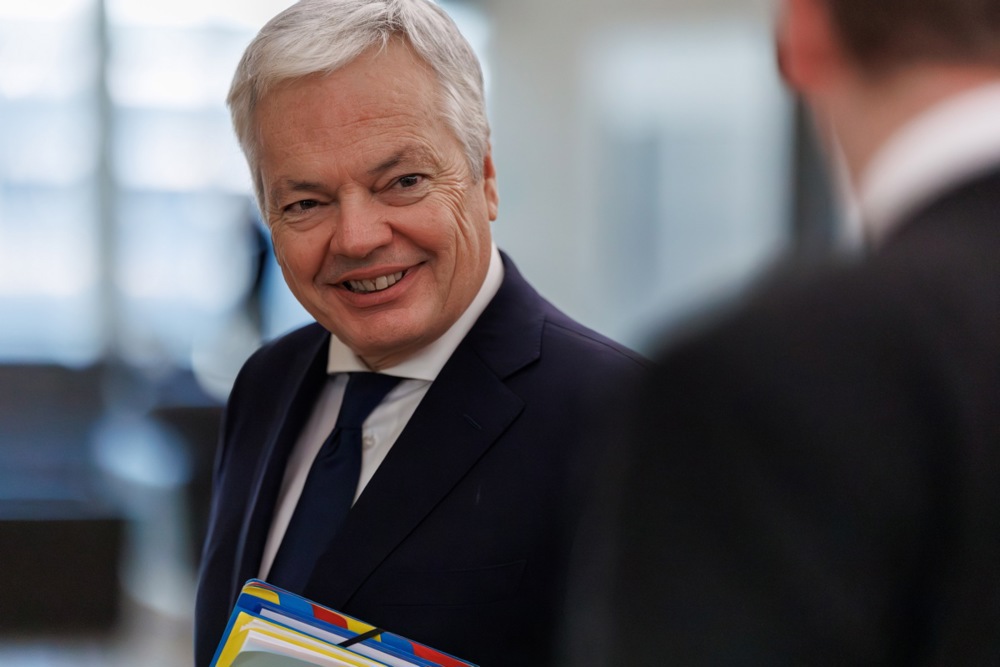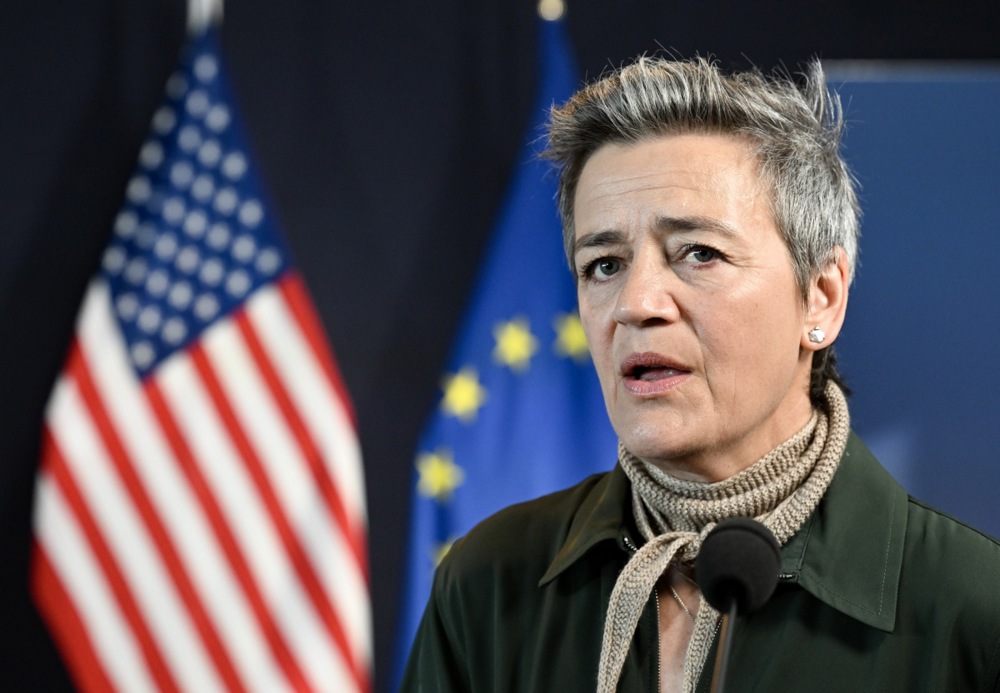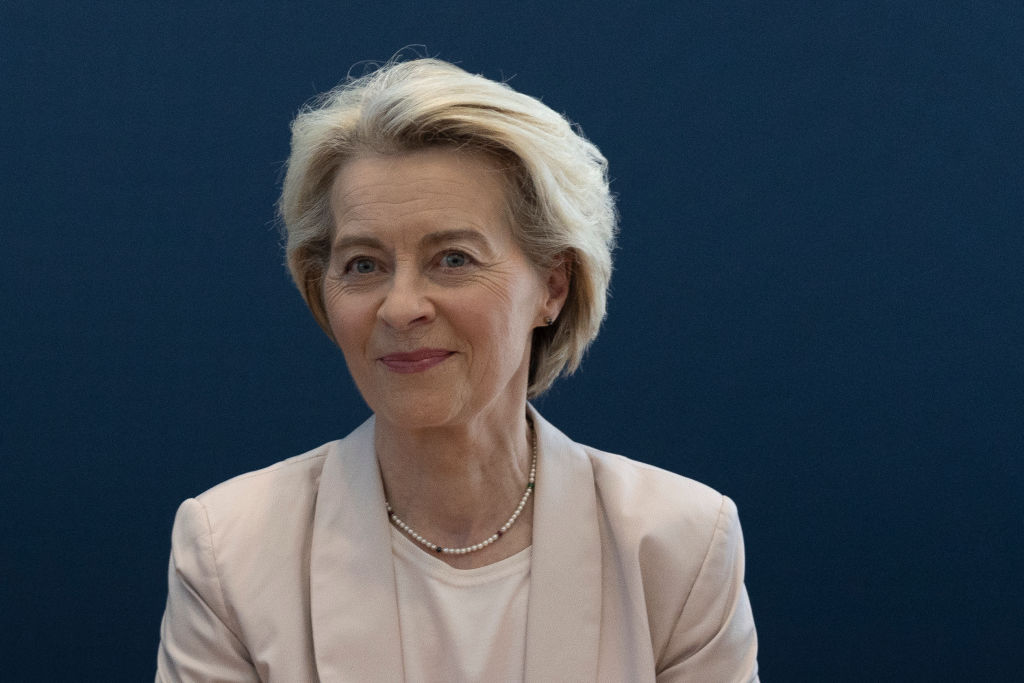Brussels Commissioner Didier Reynders, who took a leave of absence without pay to look for a new job, has failed in his bid to become President of the Council of Europe.
On June 25, an election over two rounds was held for the new presidency of the pan-European body dedicated to the defence of democracy and human rights (it has no connection to the European Union).
Former Swiss president Alain Berset, a Socialist who was the frontrunner after the recent first round, gained 114 votes in the second round and triumphed. Indrek Saar, Estonian former culture minister and also a Socialist, secured 85 votes.
The Council’s 46 member states took part in the election, one of whom left their ballot blank.
Reynders, European Commissioner for Justice, came last in the final ballot, garnering just 46 votes in the 306-member Council parliamentary assembly.
Afterwards, he told news agency Belga: “I have no regrets, because I had decided to run a campaign with texts and proposals for a different organisation.
“However, the institution does not want to evolve in that direction, as the parliament members have decided, and I respect that choice.
“There is a huge change to be made in this institution, I hope that one day someone will manage to achieve it,” he added.
Reynders will now continue his mandate in Brussels. Reportedly, the 65-years old is eyeing a second term as Commissioner.
It is unclear, though, whether he would succeed as he is not seen as a favourite for the job in his home country.
On the EU level, things are still relatively undecided following the European Parliament elections of June 6-9. In Belgium, Reynder’s Liberal MR party was one of the big winners, having gained numerous seats across regional governments.
But other Belgian parties also might want a slice of the European pie, especially after MR secured another top job in 2019: the outgoing President of the European Council, Charles Michel, also hails from the MR.
Reynders has served as the justice Commissioner under EC President Ursula von der Leyen. During his term, one of the most contentious issues was his role in protecting the EU’s rule-of-law against “illiberal democracies”, a reference to Conservative governments in Poland and Hungary.
This is the second time he has failed to secure the presidency of the Council of Europe. In 2019, he lost to the Croatian Pejčinović Burić, who is not standing for a second term. At the time, Burić received 159 votes to Reynders’ 105.
Bonjour ,
Je tiens à remercier celles et ceux qui ont soutenu ma candidature au Conseil de l’Europe.
L'assemblée n’a pas voulu de mon projet de renforcement politique de l’organisation et de mes engagements écrits pour le réaliser.
Aucun regret.
Merci pour votre engagement,…— Didier Reynders (@dreynders) June 26, 2024
Berset said Ukraine was the main priority for the Council of Europe, in particular a compensation mechanism for Ukrainian victims of the Russian war, as well as the creation of a special tribunal on Ukraine.
He also said he wanted to combat “democratic erosion”, reaching out to young people via “education and the fight against disinformation”.
On September 18, Berset will take up his post.
Reynders was not the only one to fall short of a high-profile role. Earlier, Commissioner Margarethe Vestager tried to obtain the position of head of the European Investment bank. She also failed.
Neither did she gain top job at the International Monetary Fund in 2019, returning to remain a Commissioner.
In 2023 both Mariya Gabriel and Frans Timmermans left the EC to take up leading roles in domestic national politics in Bulgaria and The Netherlands, respectively.
The Council of Europe is not to be confused with the Council of the European Union or the European Council, which are both EU institutions.
The Council of Europe is an older, independent organisation focusing on human rights and democracies. It has 46 member nations, including all EU 27 States.
Founded in 1949, it drafted the European Convention on Human Rights and is headquartered in Strasbourg, France.
Russia was thrown out of the Council in March 2022.





